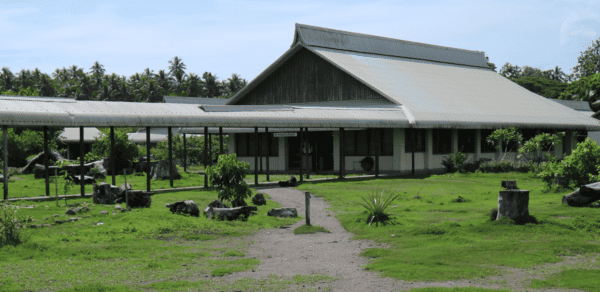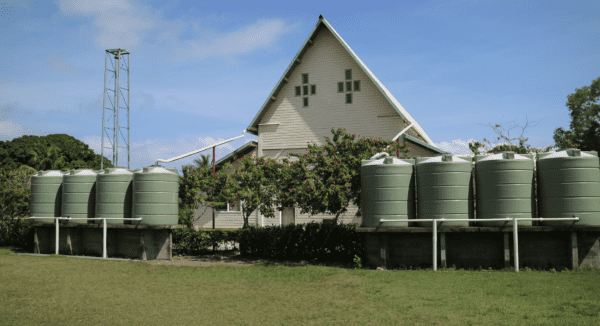Support for the emergence of democratic processes has been a cardinal aim of the international community for at least two decades. For example, the recent (2011) AusAID policy paper on Effective Governance noted that “Democratic governance is an important part of enhancing human rights and, therefore, effective governance, because it places individuals at the centre, provides a voice for the marginalized, instills real transparency and protects the range of rights”. This, it is argued, will help to achieve accountability and better service delivery that will support the central aim of Australian aid policy: to help people overcome poverty.
But how do the poor and the marginalized perceive the politics of democratic processes, especially in newly or born-again democracies? Does it work for them? And how do they perceive the performance and behaviour of democratically elected leaderships? This small study, supported by GIZ (the German agency for International Cooperation), shows that, although they welcome democracy, a sample of urban and rural poor in three Latin American countries regard democratic politics as distant from their preoccupations and are somewhat cynical about their elected leaderships. Nonetheless, their daily lives are filled with a variety of community organizations and forms of participation but which they do not conceive of as ‘politics’, or as being ‘political’.
These findings are not dissimilar to findings from other parts of the world. And amongst the important policy messages outlined in this work is the need to support and strengthen local organizations and facilitate coalitions between them so as to enable the poor to aggregate and articulate their interests more effectively in the processes of democratic politics and governance.
Download the summary below or see the full paper.









